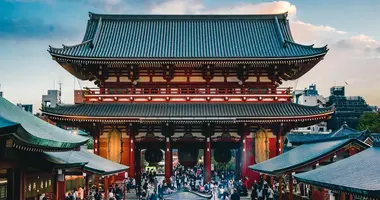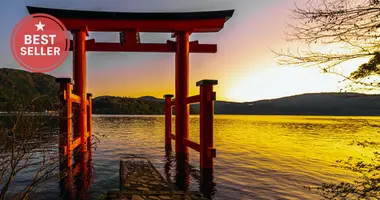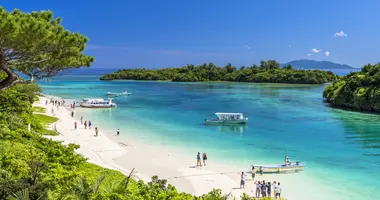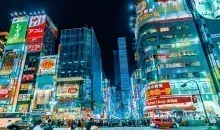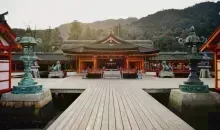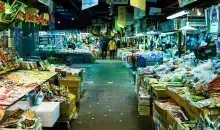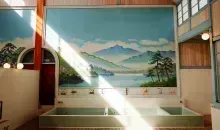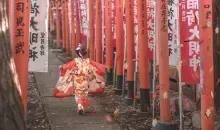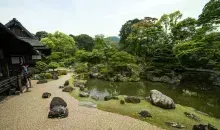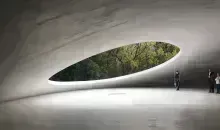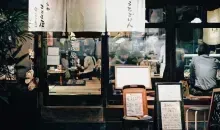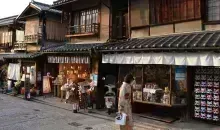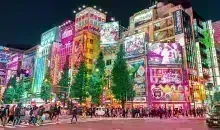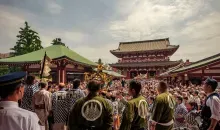The village of Kamikatsu 上勝町
- Published on : 13/03/2018
- by : S.R.
- Youtube
Kamikatsu or the end of waste
Kamikatsu is a village located in Tokushima Prefecture, on the island of Shikoku. It has been at the forefront of waste recycling since 2003, with 80% recycling of the waste produced. A look back at a town that aims to achieve 100% recycling by the Tokyo Olympics in 2020.
A particularly rigorous program
In 2003, the municipality of Kamikatsu, a small town of 1,700 inhabitants, set up a recycling program. In total, there are 45 different categories of waste that must be separated , categories whose precision is very far from our little sorting. Thus, a plastic bottle should not be thrown directly into its reserved bin, it must first be removed from its label and be rid of its cap, each taking place in a different compartment. Cardboard, paper, flyers or magazines do not belong to the same group and must each be placed in a specific bin. A real gymnastics to acquire!
To see : Waste sorting in Japan
Pro-active citizens
This program, beyond the number of waste categories it involves, also requires the active participation of the city's citizens. Indeed, it is the inhabitants who clean the waste that may have come into contact with food, rinse the used bottles and ensure the cleanliness of the waste in general . Moreover, after sorting, they transport the bins themselves to the recycling center, open 7 days a week and where a single employee is in charge of supervising activities. Note that besides, food waste is also composted.
Read also : Tokyo 2020: medals made from recycled metals
All this works, since not only 80% of waste is recycled , but in addition, economic success is at the rendezvous. It has been estimated that this program has reduced waste treatment costs by over 65% compared to when it was burned in an incinerator!
parallel programs
Kamikatsu's recycling program didn't stop there. There is a second stage of the rocket, with the development of new initiatives. Two years ago, a "Zero Waste Accreditation" label was created; merchants in the city can get it if they meet sorting and recycling criteria and plan for a zero waste future. A so-called " kuru kuru" center has also been created: the inhabitants of the city can deposit objects there which they wish to get rid of but which can be reused by others, objects which can then be acquired free of charge.
To discover : Dekiru, it's possible, the documentary film








